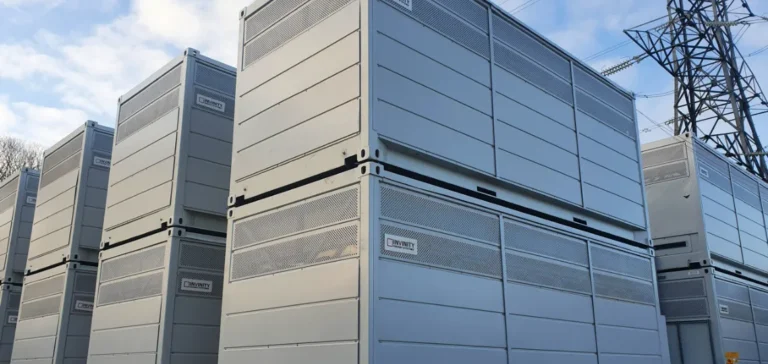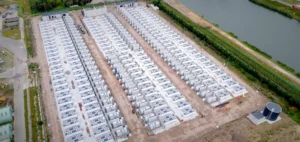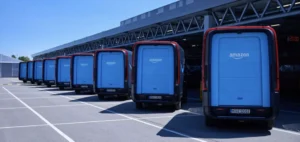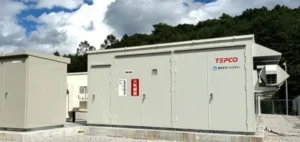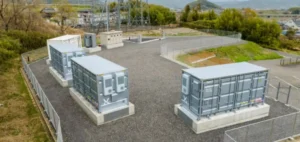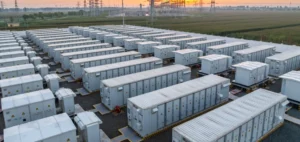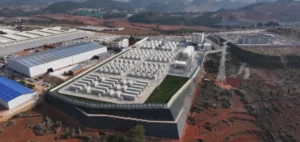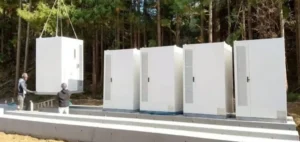The latest report by The Insight Partners, released on July 14, forecasts that the global value of battery energy storage systems (BESS) will triple by the end of the decade. Analysts attribute this increase to a combination of growing electricity consumption and stricter grid reliability targets, factors which reinforce the appeal of modular storage solutions for operators.
Global infrastructure in rapid expansion
According to the consultancy, the growing integration of intermittent renewable energies is forcing governments and utilities to design higher reserve capacities. The US Energy Information Administration (EIA) predicts a continuous increase in demand in the United States until 2050, supported by demographic growth and urbanisation. Similar trends are emerging in China, India and Japan, where electricity needs are also steadily rising. This dynamic makes BESS a vital link for grid stability and for reducing power outages.
Investment is keeping pace. In January 2024, Plus Power commissioned the Kapolei Energy Storage facility in Hawaii, paving the way for coal to be replaced by solar and wind. Six months later, the company was already operating seven projects totalling 1,325 MW and 3,500 MWh in Arizona and Texas. Bank Morgan Stanley injected $82mn into the ninety-MW Superstition project in May 2024, illustrating financial players’ appetite for assets offering contracted revenue streams.
Industrial roll-outs in the United States
Initiatives are not limited to start-ups. German group RWE completed three systems totalling 190 MW and 361 MWh in February 2024, also in Arizona and Texas. These units address regional consumption peaks and complement a fleet already rich in photovoltaic plants, underlining the complementarity between renewable generation and storage.
The business model is evolving: operators are now monetising frequency regulation, spinning reserve and intraday arbitrage, creating new revenue sources. Multi-year capacity contracts secure capital repayment while falling lithium-ion battery costs reinforce competitiveness versus gas peaking turbines.
Future capacity and supply chain
Beyond North America, several Asian governments are subsidising local cell manufacturing to reduce dependence on imports. The industry is closely monitoring the availability of critical metals, particularly lithium and nickel, which could become the main bottleneck if installation rates continue to accelerate. Manufacturers are already seeking to diversify their sourcing and develop alternative chemistries, such as sodium-ion, to secure necessary volumes.
According to the report, standardisation of energy management software platforms is also expected to accelerate adoption by facilitating aggregation of distributed resources. This technological convergence opens the way to a secondary market where assets can be redeployed or valued across multiple sites during their lifecycle, increasing the financial attractiveness of the sector.


